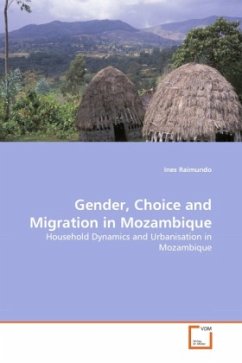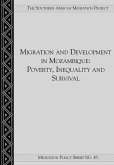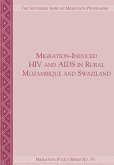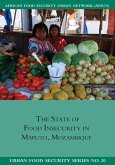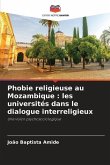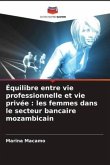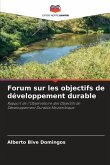Migration in Mozambique is firstly a continuation of traditional routes of trade and labour migration in both northern and southern Mozambique. Secondly, in northern Mozambique, the overall trend of migration into the city capital is still low. This is due to the great travel distance. However other influencing factor is the northern region's strong connection of the regional economy with bordering countries to the north Tanzania and Malawi. Thirdly in northern Mozambique, women are still tied by patriarchy norms with a little evidence of the impact of past-independence events. Fourthly women from southern Mozambique have gained relative freedom to move from their homelands without previous agreements with in-laws. Lastly, the thesis demonstrates that post independence events have changed the structure of households and way of life matters including migration. This is done outside the traditional structure of the household greatly impacting southern Mozambican culture.
Bitte wählen Sie Ihr Anliegen aus.
Rechnungen
Retourenschein anfordern
Bestellstatus
Storno

